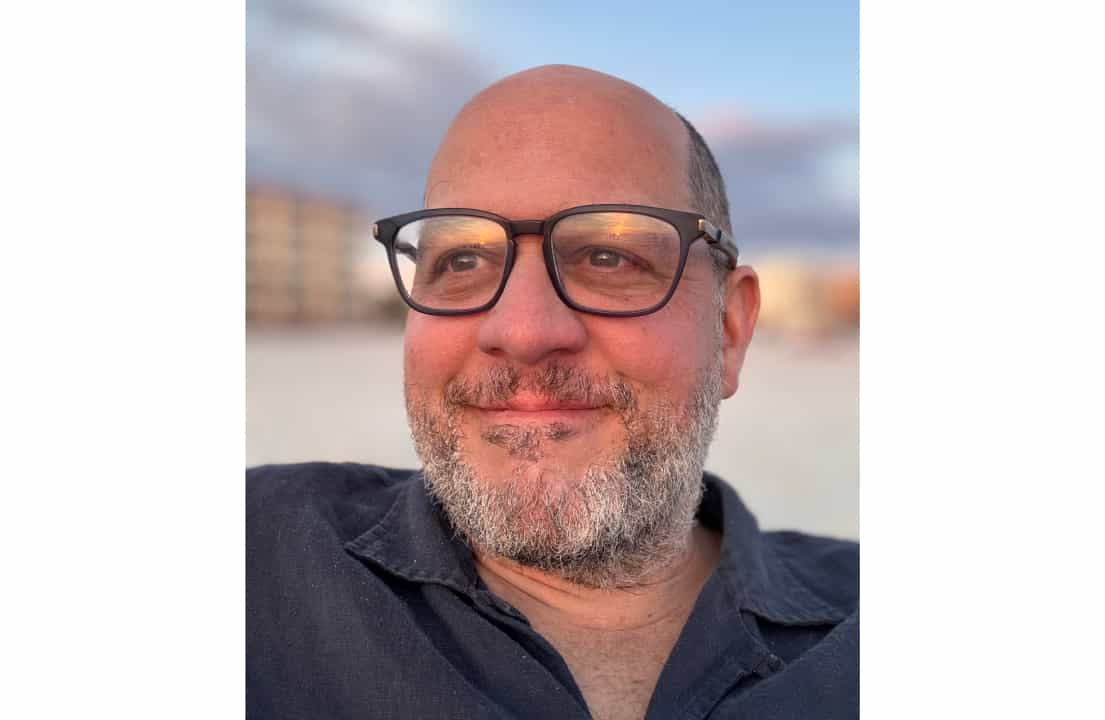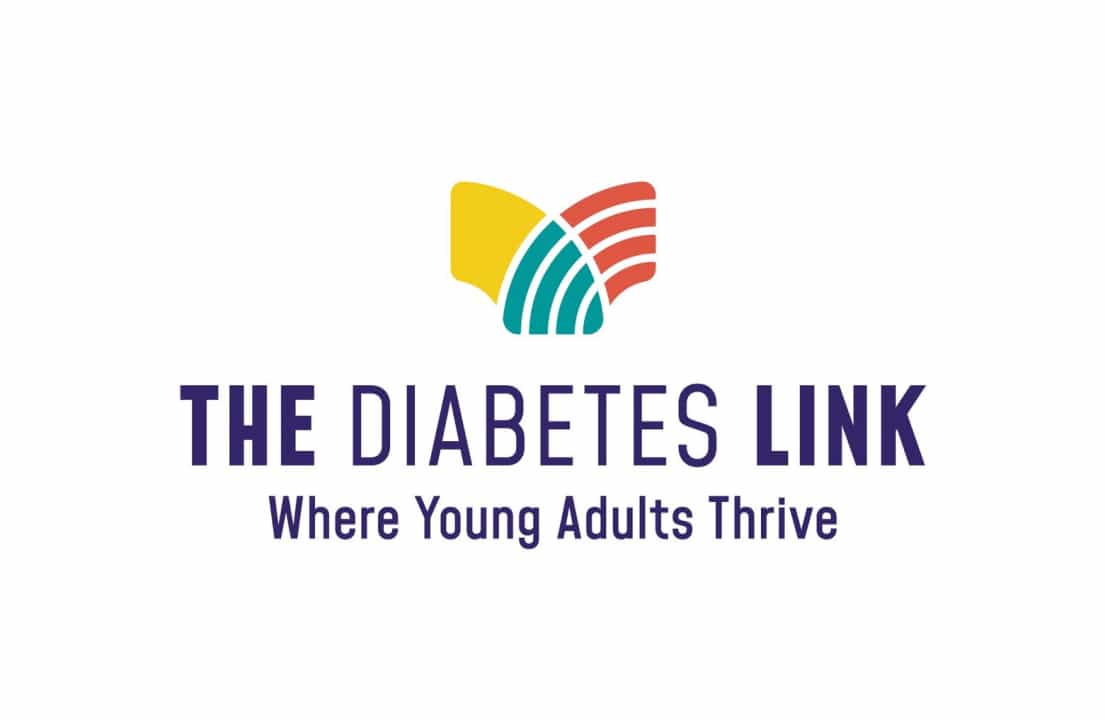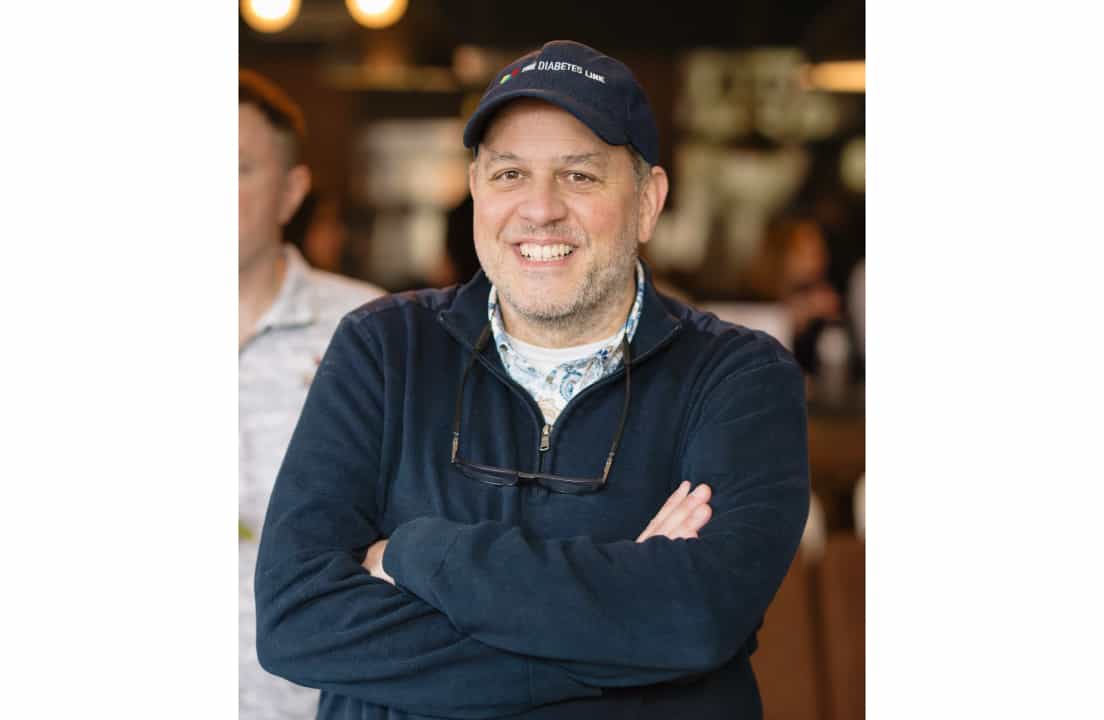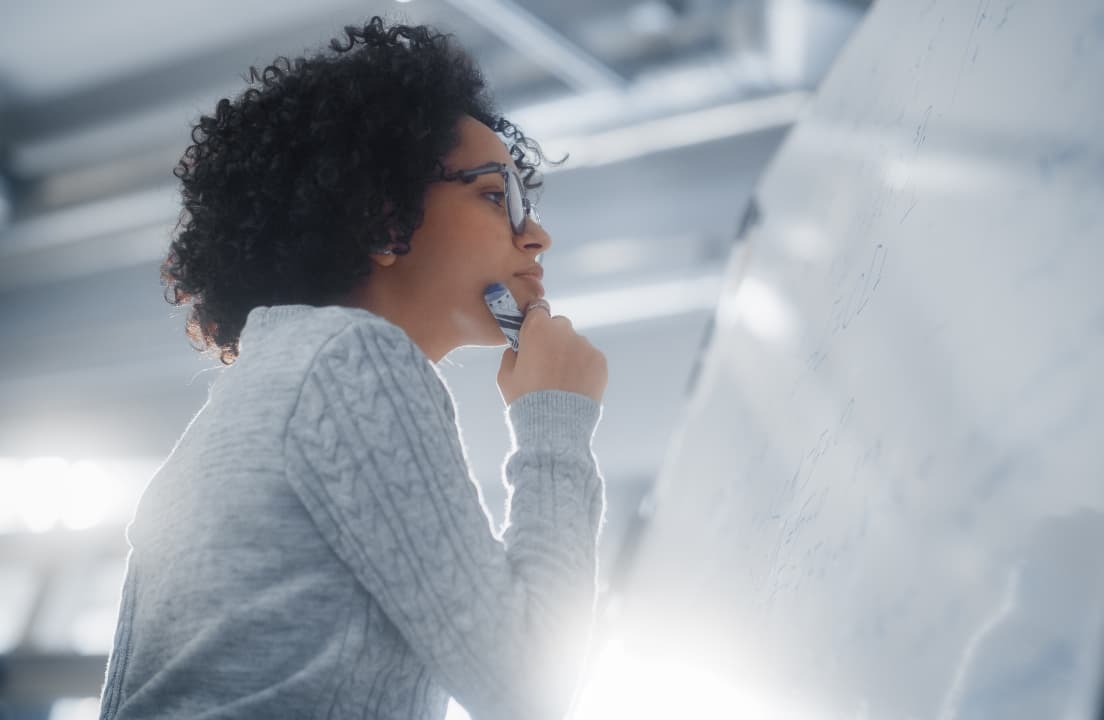T1D Guide
T1D Strong News
Personal Stories
Resources
T1D Misdiagnosis
T1D Early Detection
Research/Clinical Trials
Leading with Experience: Manny Hernández Heads The Diabetes Link
Manuel “Manny” Hernández, a longtime trailblazer in the diabetes community, brings decades of experience to his new role as CEO at The Diabetes Link. In this conversation with T1D Strong, he reflects on the recent ADA 85th Scientific Sessions, shares what The Diabetes Link offers young adults, and highlights the importance of finding your tribe.
.jpg)
About Manny Hernández
Originally from Venezuela, Manuel ‘Manny’ Hernández came to the U.S. in 2000. After a brief misdiagnosis of type 2 diabetes (T2D), Hernández was correctly diagnosed at age 30 with type 1.5 diabetes or LADA (latent-autoimmune diabetes in adults). With a few relatives on his father’s side of the family with diabetes, he said no one really discussed the different types. “We didn’t talk about type 1 or type 2 back then, it was just diabetes, generally.”
At his annual checkup in 2002, Hernández had elevated fasting blood glucose levels, and the doctor concluded that he had type 2. “It was high but not off the charts. Not the kind that would put you in DKA (diabetes ketoacidosis).”
After training and running a half-marathon while fundraising for the American Diabetes Association (ADA), his glucose levels began to rise uncontrollably. “The metformin-based therapy wasn’t working,” Hernández said. His physician tried several medication combinations, and finally referred him to an endocrinologist who checked his C-peptide and GAD levels, and said, ‘Yes, you have type 1 diabetes (T1D).’”
One of the reasons he feels so passionate about helping young adults is that Hernández had a rough few months adjusting to T1D. “I had the biggest swings of my life, really high highs, and low lows. That was the start of my journey. I started with MDI (multiple daily insulin). Then two years later, I started on an insulin pump.”
It was at an insulin pump user support group in 2006 where Hernández realized the value of peer support. “Everyone there had diabetes. I learned about the split bolus function, and in one hour, I learned more from this group than I had in the past four years living with diabetes.”
“That support group made a huge impact on me. It opened my eyes to the fact that you’re not alone, you stand to learn so much from your peers, you stand to feel understood.”

Digital Health Advocate and Leader
Hernández’s areas of impact lie in the digital health spectrum. He was one of the first advocates to use technology and social media to foster diabetes support networks. The pump support group left him thinking, “Wouldn’t it be awesome if we could recreate this experience of a supportive network and apply it to an online format for diabetes?”
Hernández said that even before the online community took off, he was a very open person. “Social media provided me with the tools to be a little more vocal about it and use whatever platform to raise awareness.”
Diabetes Hands Foundation
In 2007, Hernández co-founded TuDiabetes and its Spanish counterpart, EsTuDiabetes, two online communities for people touched by diabetes. Shortly thereafter, he cofounded the Diabetes Hands Foundation (DHF), which oversaw both groups along with other advocacy programs. In 2015, DHF selected Beyond Type 1 as the new home for the two communities.
“We saw the value of peer support to educate yourself,” he said. Hernández went on to say that the early days of TuDiabetes became a place where a lot of misdiagnosed people found a home. “People came in struggling with T2D. We would tell them to ask your doctor for the C-peptide test and the antibodies test.”
He left DHF to work for Livongo years before it became part of Teladoc Health, then the nonprofit, Tidepool, during the first year of the pandemic, and a market research firm called Thrivable in 2022. That same year, Hernández joined the board of The Diabetes Link on the heels of the organization’s rebrand to a broader demographic and economic spectrum. In late 2025, he was appointed as CEO of The Link.

Top Diabetes Influencer
He has since been recognized as one of the leading voices on diabetes by various health organizations. The health and wellness platform Sharecare honored Hernández as one of the web’s Top 10 Most Influential Diabetes Experts for his blog and past roles as founder of TuDiabetes, EsTuDiabetes, and DHF.
He’s also a recognized authority on social media, listed as one of the Top 10 Social HealthMakers on Diabetes, and in 2019, he received the International Diabetes Federation’s Award for “Living with Diabetes.”
ADA’s 85th Scientific Sessions
When asked about his experience at the recent conference in Chicago, Hernández said, “It felt like a victory for advocates in the ‘We’re Not Waiting’ movement.”
“You have options now where you can explore what the best pump experience is for you. The idea of interchangeable building blocks allows you to pick and choose from your pump, your algorithm, and your sensor. Almost all the companies are beginning to integrate with different sensors, so it’s like whatever works for you.”
He praised the new tech therapies, but noted that one concern raised at the conference by top researchers in the diabetes field was the potential impact of cuts to funding from National Institutes of Health (NIH). Hernández noted that disrupting that kind of scientific studies will have ramifications down the line.
Hernández encourages everyone to attend the ADA Scientific Sessions if they have the chance. “It’s an incredible gathering and a great way to connect with others. As someone who works remotely, there’s tremendous value in that in-person interaction. Your tribe, your peers—just that fellowship, whether it’s in the nonprofit sector or academia, it fills your cup.”
Empowerment Through Connection
In his current role as CEO of The Diabetes Link, an organization that bridges the gap for young adults (age 18-30) with diabetes, Hernández plans to expand its outreach to engage a broader range of young people up to age 30 from diverse financial and academic backgrounds.
The Diabetes Link Backstory
In 2009, UMass Amherst student Christina Roth founded The Diabetes Link (formerly called the College Diabetes Network), a student-led organization for young adults with type 1 diabetes. The peer-support network, which began on a few college campuses across the U.S., has since evolved into a national nonprofit serving over 300 campuses. In 2022, CDN launched a new mission to reach beyond college-aged students and include all young adults with all types of diabetes.
“We’re steering towards being more inclusive and making sure what we develop in the form of peer support and resources is relevant so we can meet our young adults in other situations outside of traditional four-year schools, and meet them where they are,” Hernández said.
“At the end of the day—knowing you’re not alone, having that common language, and just not having to explain as much is very important,” he added.

What The Diabetes Link Offers Young Adults
The Diabetes Link has three core areas of support, designed to help young adults thrive with diabetes.
1. Peer-to-Peer Support
The Diabetes Link provides peer support online and in-person through numerous chapters and campuses nationwide, as well as a few in Canada. To research a chapter near you, visit The Diabetes Links’ CDN (College Diabetes Network). If there isn’t an organization in your area, the website offers tips on how you can start your own.
“We’re also emphasizing efforts to establish a presence in community colleges and trade schools,” said Hernández. “Reaching those who might be underserved or not insured. Trying to be there for young adults in those crucial spaces, who might find themselves navigating limited access to medications, food insecurity, and other challenges to diabetes management.”
Fostering that sense of belonging and shared experience with diabuddies who face the same challenges is a crucial part of The Diabetes Link.

2. The Expert Resource Hub
The Link’s digital Resource Hub has clinically reviewed, age-related content on topics such as mental health, eating disorders, alcohol and drug use, and relationship tips.
“The information is meant to address topics they might not be willing to speak or share with their healthcare provider,” he said. “Of course, this is not a substitute for seeing your physician, but rather a supplement. Also, it’s developed in a way that speaks to young adults. Just communicating the message.”
3. Leadership Development & Advocacy
Through its NextGen Fellowships, training programs, and chapter leadership roles, the organization empowers young adults with diabetes to become advocates and leaders in healthcare, education, and group support.
“We’ve built a leadership and career development effort that has a strong root in helping the next generation of diabetes leaders,” Hernández added. “The idea is to provide them with a space where they can build their networking skills, and hopefully position them to enter the diabetes space, whether in industry, academia or the nonprofit sector. Most of them live with diabetes. Some are passionate about the space through family members, but they all have a desire to grow and learn.”

Manny’s Advice for Newly Diagnosed T1Ds
“Your life will change, but there’s a path, it’s going to be full of lessons, yes, challenges, but people can thrive in spite of diabetes,” he said. “We want to be there as a resource, as a very broad and growing, loving and supportive diabetes community. You’re not alone, there’s a community waiting for you.”


.webp)





.webp)
.jpg)
.jpg)

.jpg)

.jpg)
.jpg)

.jpg)
.jpg)

.jpg)
.jpg)
.jpg)

.jpg)
.jpg)



.jpg)

.jpg)
.jpg)

.jpg)
















.jpg)



.jpg)




.jpg)













.webp)






%20(1).png)





.jpeg)







.jpg)

























.webp)